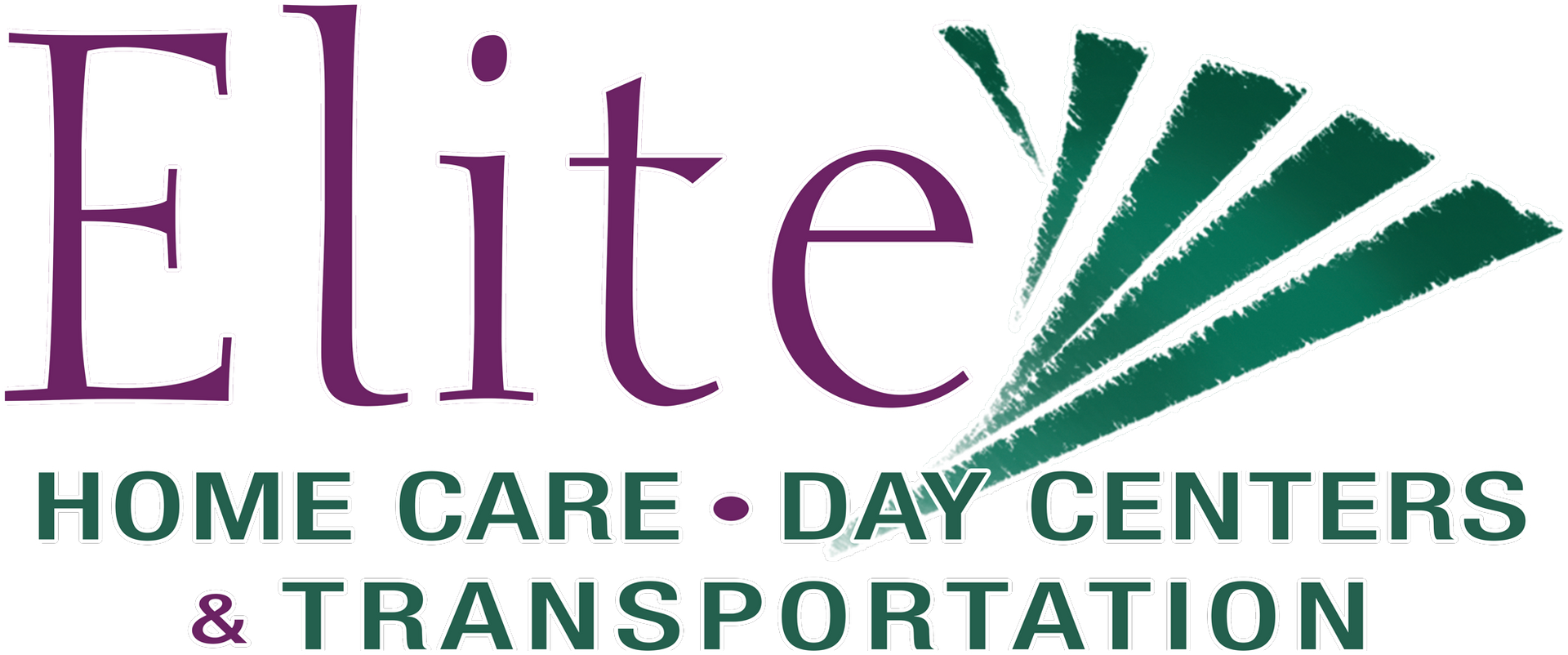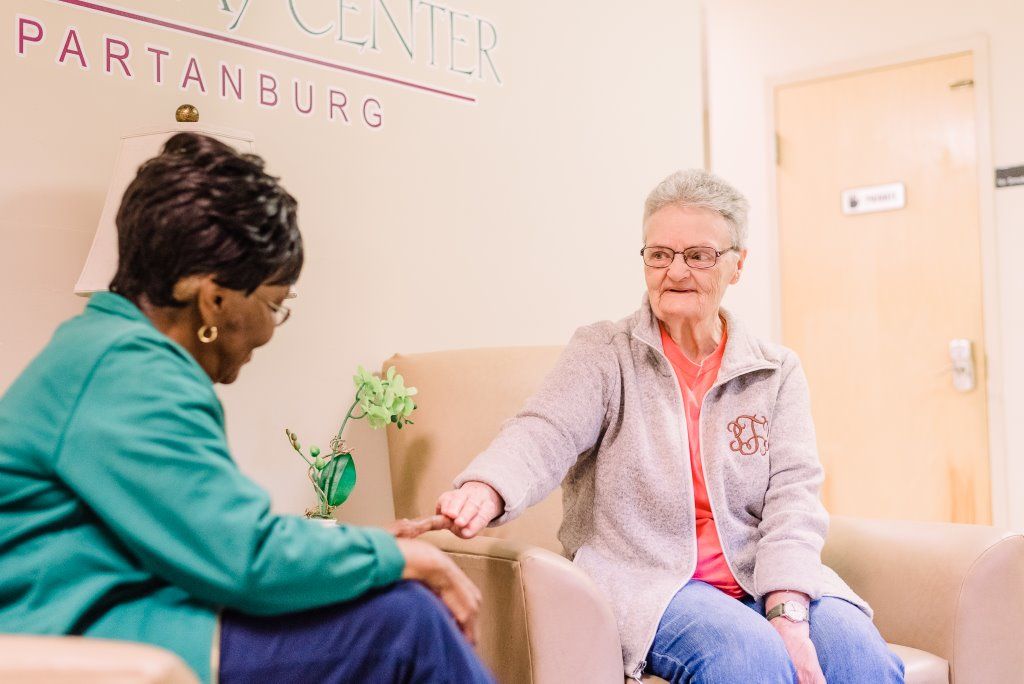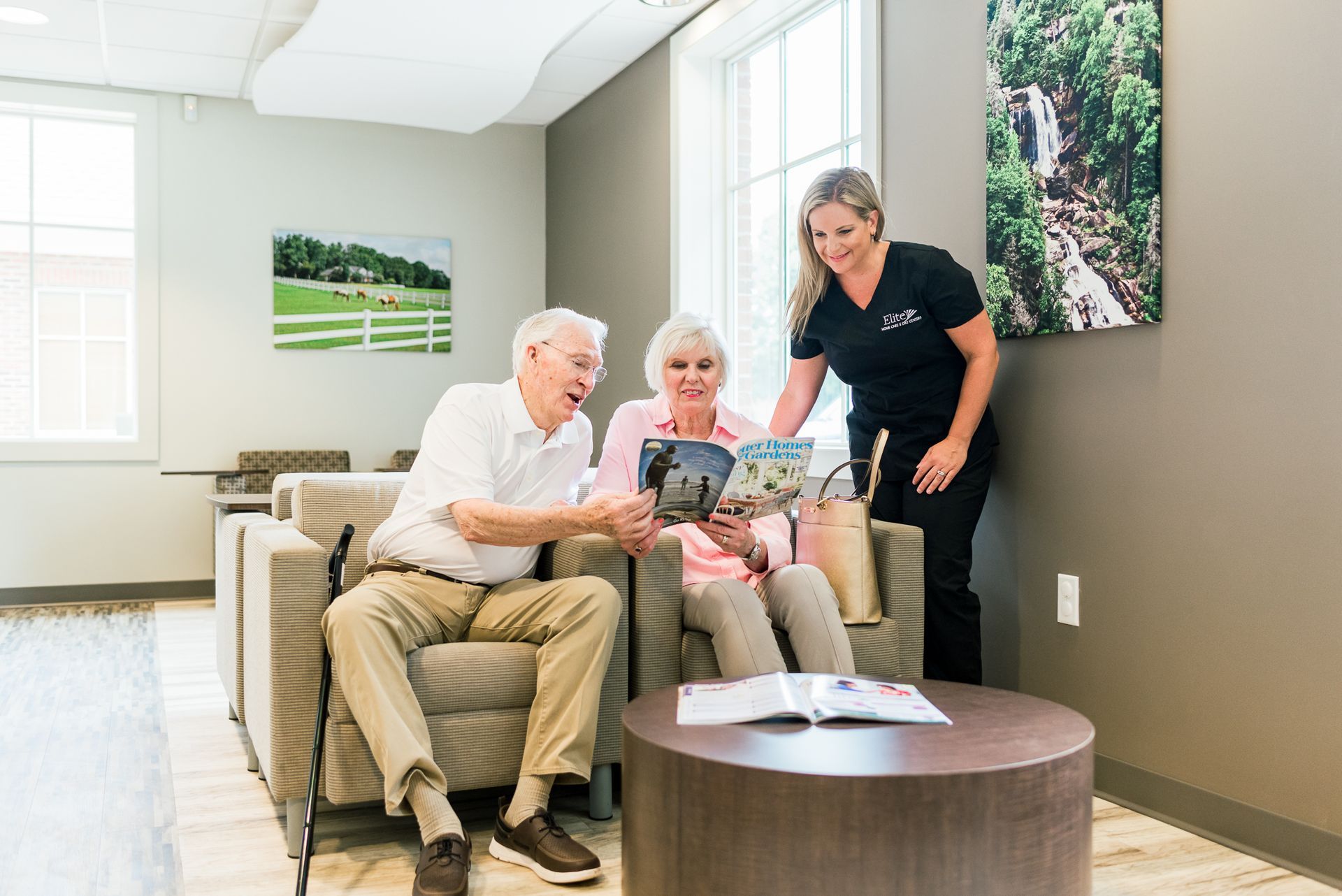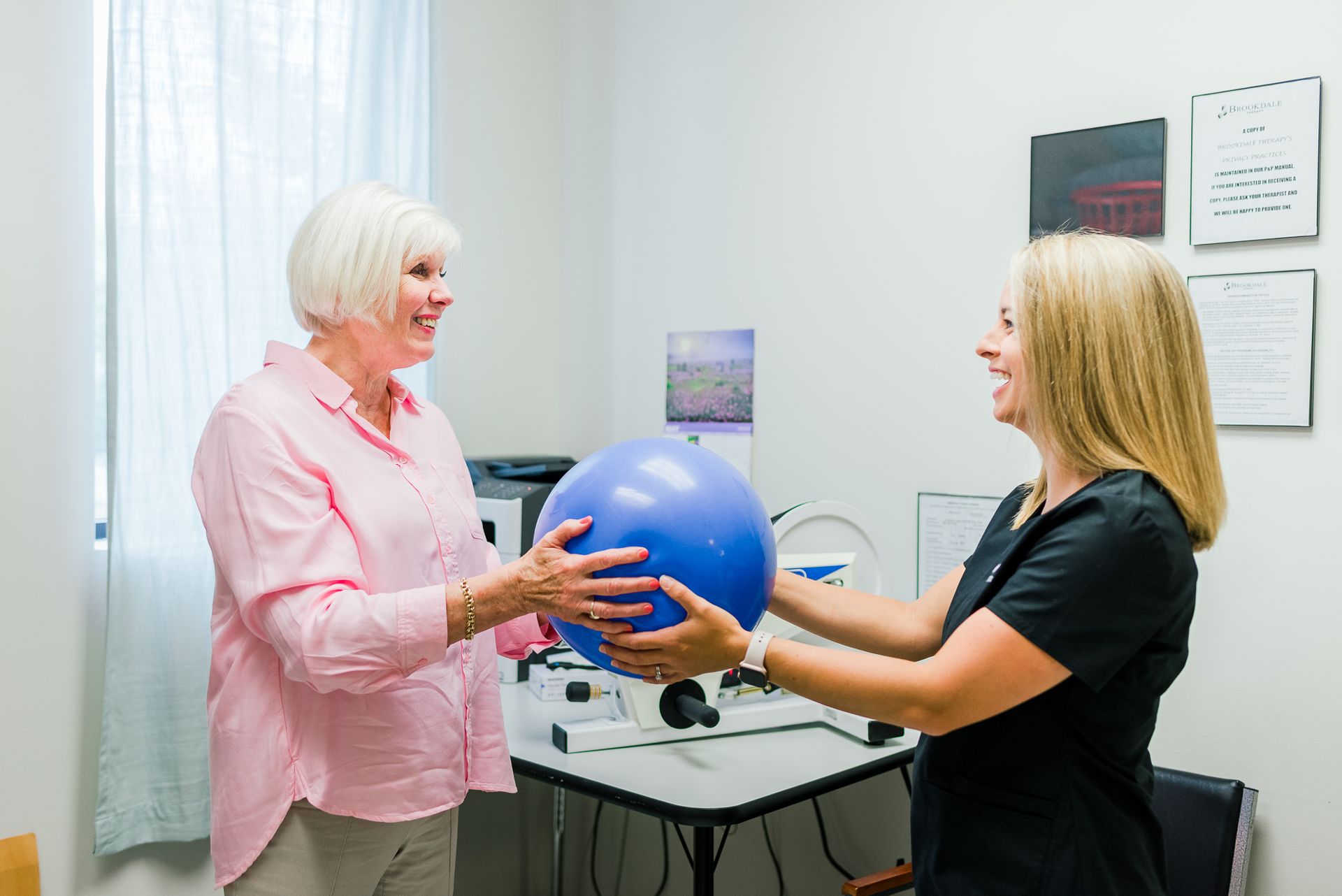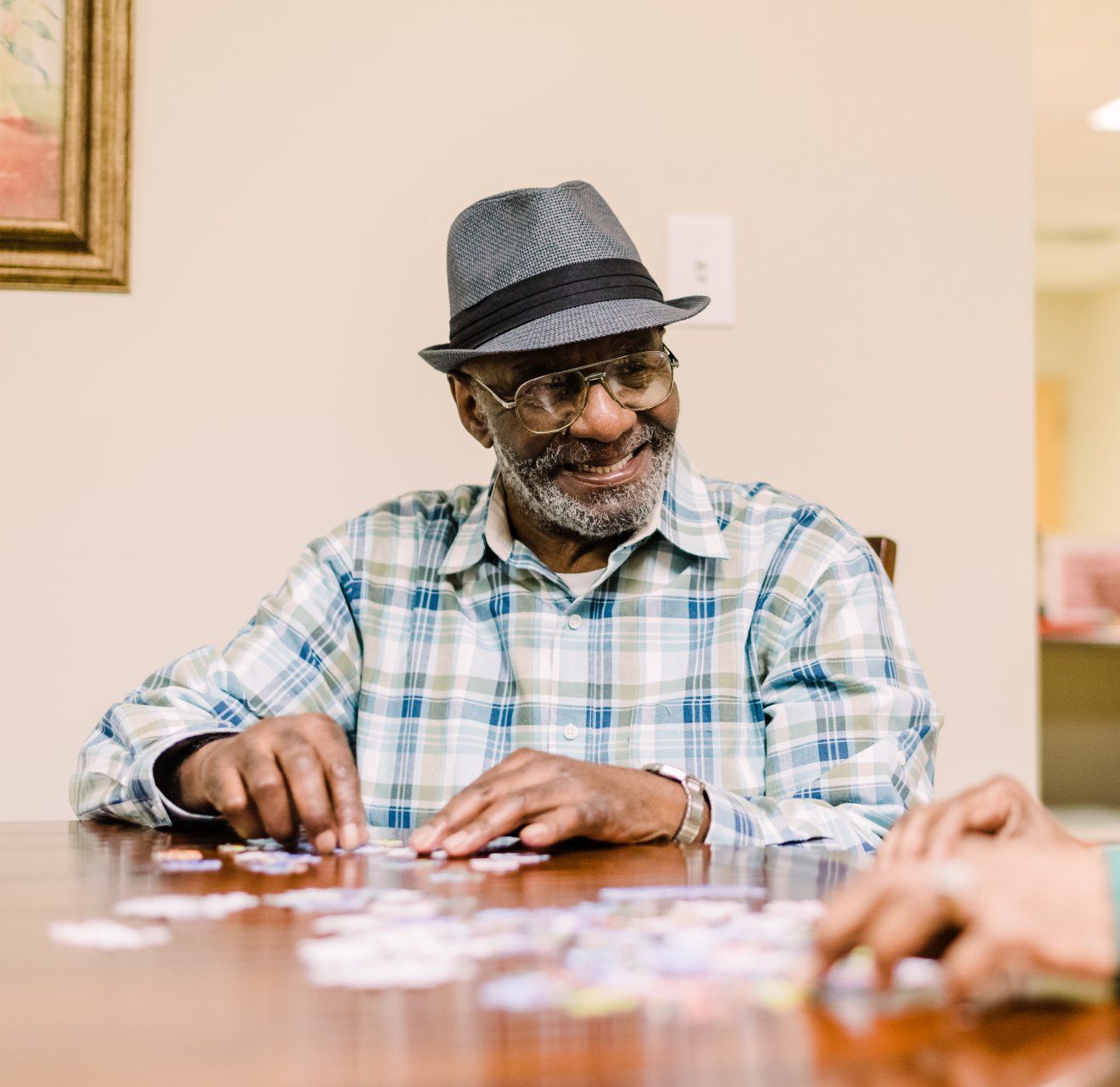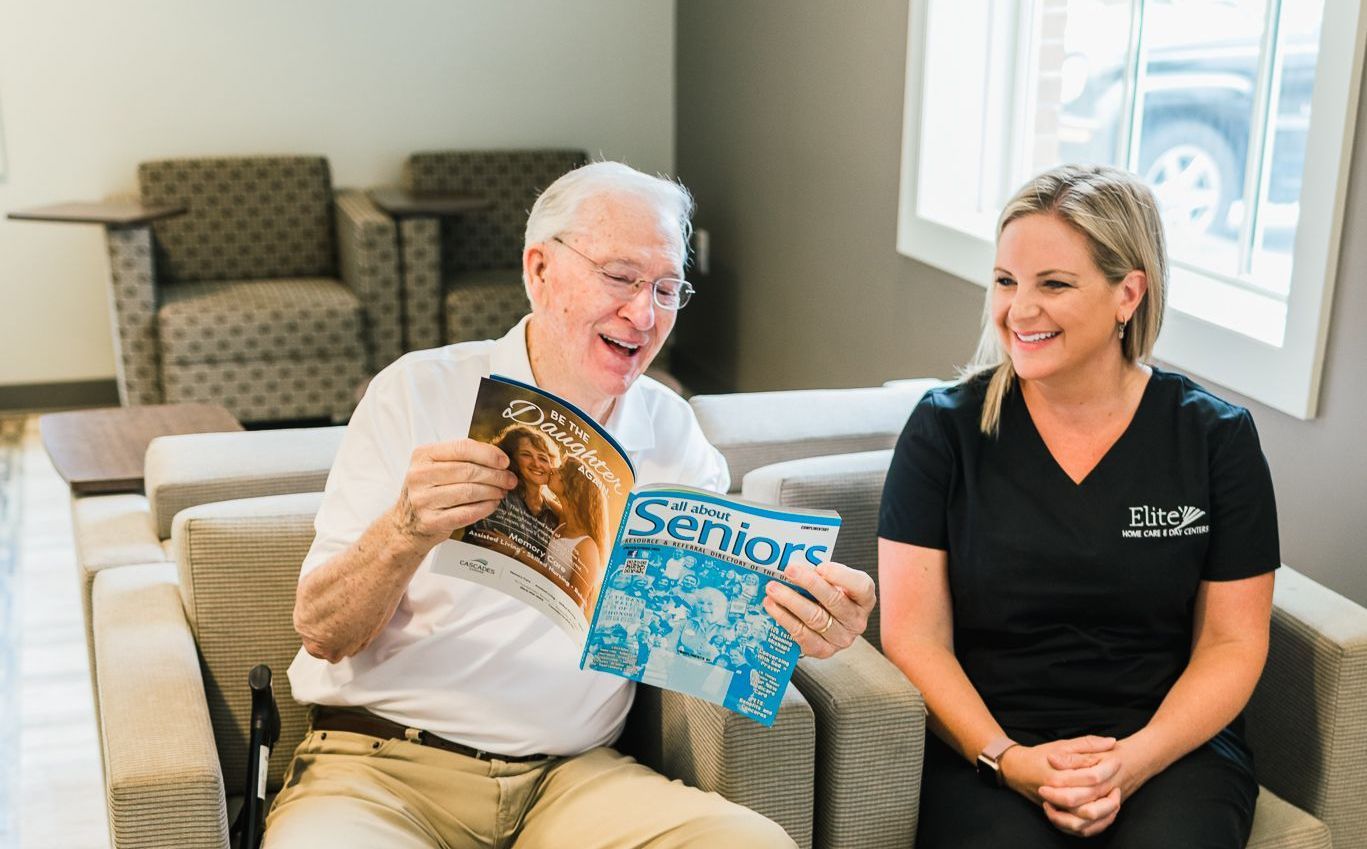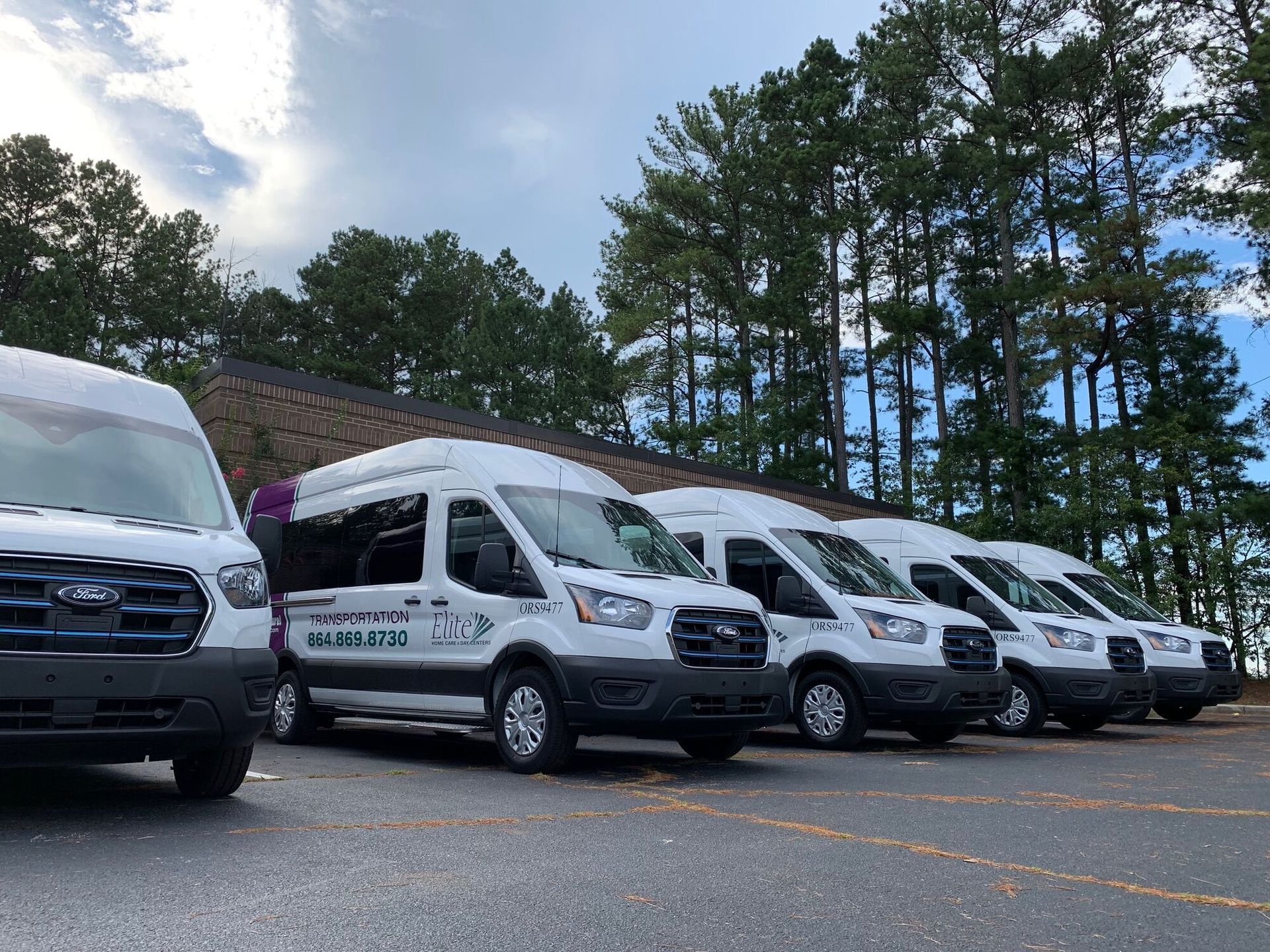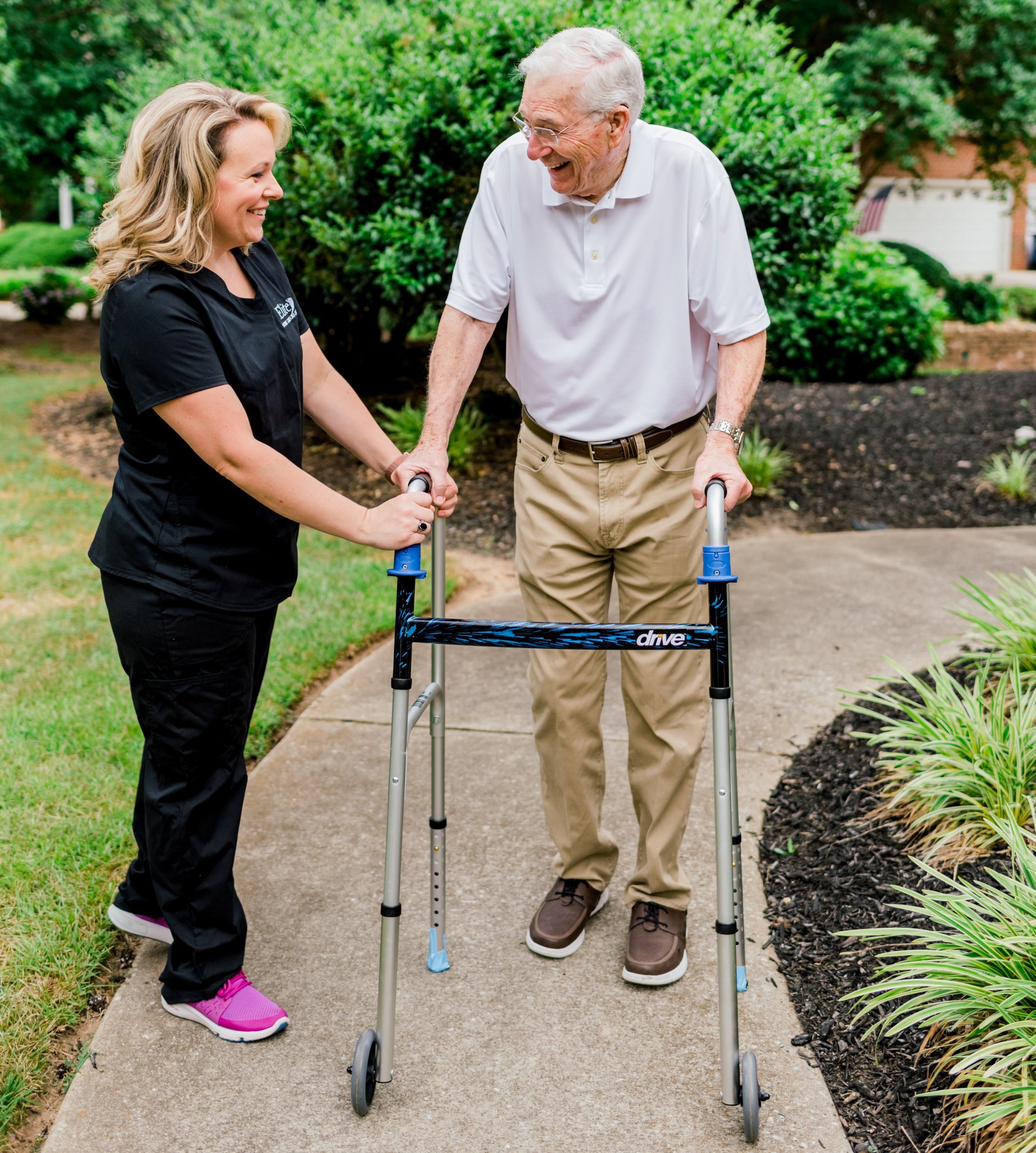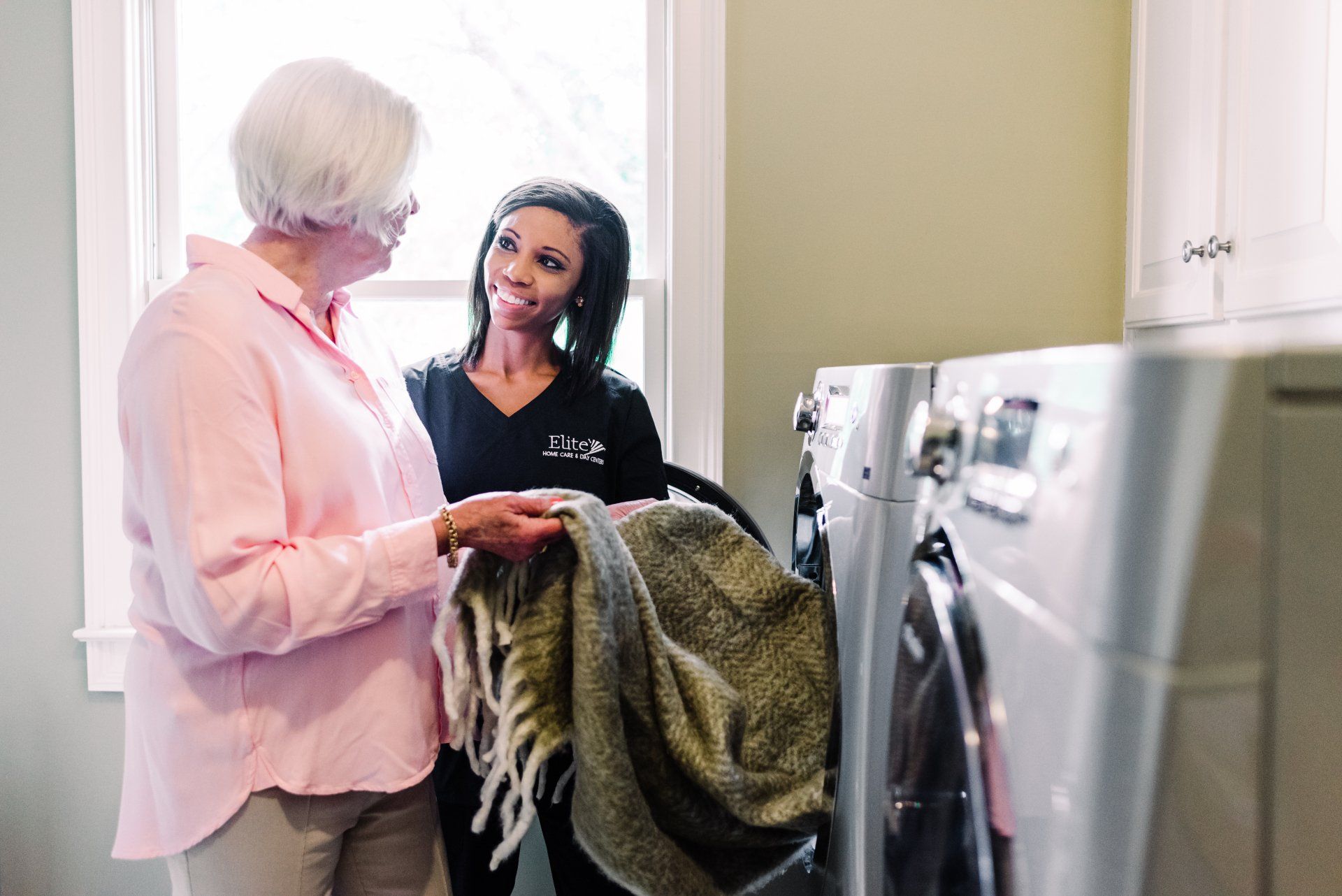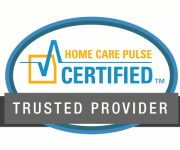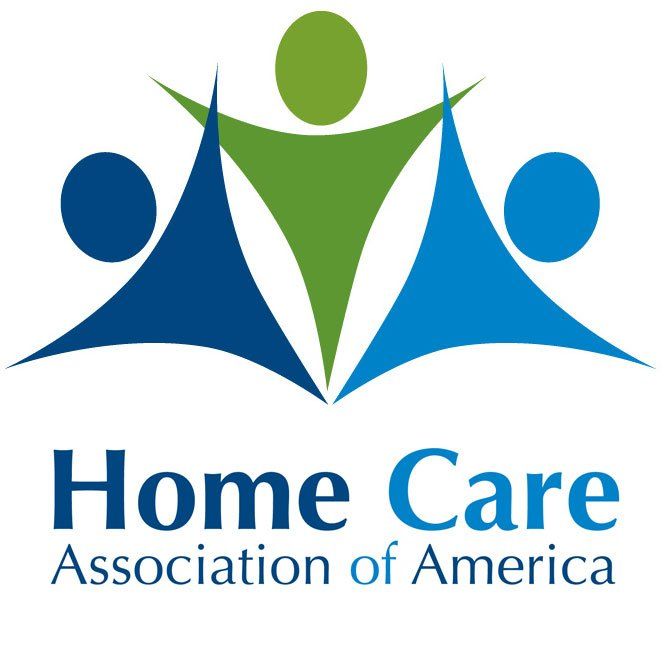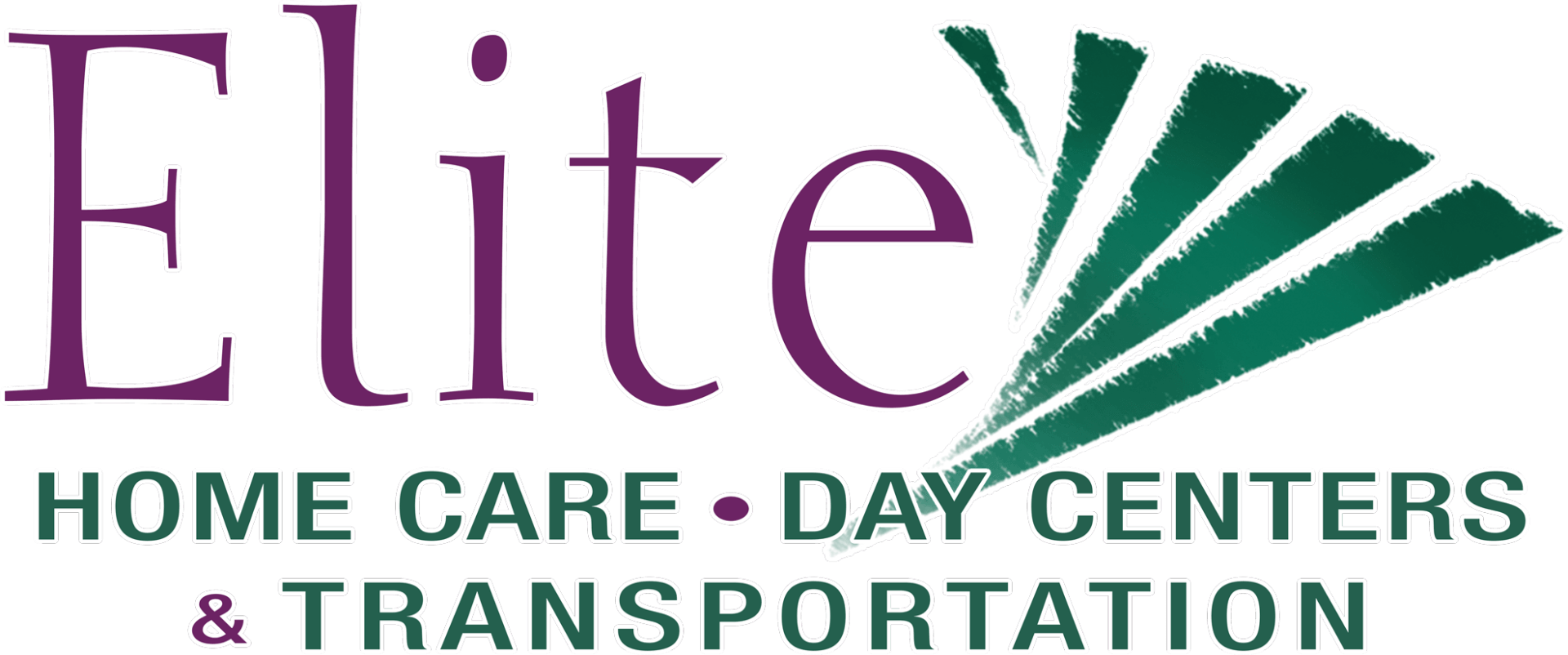How to Recognize the Signs of Alzheimer’s Disease and Where to Find Help
How to Recognize the Signs of Alzheimer’s Disease and Where to Find Help
Alzheimer's disease is a progressive, irreversible brain disorder that slowly destroys memory and thinking skills. It is the most common cause of dementia, affecting millions of people across the world. At
Elite Home Care in
South Carolina, our expert caretaking team is trained to care for and help people living with the disease, whether that be full-time or in respite relief for the primary caretaker. If you’re wondering how to catch the disease and where to turn for help, you’ve come to the right place.
Early Signs of Alzheimer's
The early signs of this devastating disease may be subtle or easily overlooked but can still be a cause for concern. Early signs include:
- Memory loss This is the most common and well-known sign of Alzheimer's disease. People with Alzheimer's may forget recent events or conversations, misplace items, or forget the names of places and objects.
- Difficulty thinking and solving problems: People with Alzheimer's may have trouble making decisions, planning activities, or following instructions. They may also have difficulty finding the right words or expressing themselves clearly.
- Poor judgment: People with Alzheimer's may make poor decisions, such as giving away money or possessions, or neglecting their hygiene.
- Changes in mood and behavior: People with Alzheimer's may become withdrawn from social activities, develop mood swings, or become suspicious of others.
- Wandering: People with Alzheimer's may wander away from home or get lost in familiar places.
Where to Turn for Help
If you’re concerned that you or someone you know may have Alzheimer's disease, it’s important to see a doctor as soon as possible. Early diagnosis and treatment can help manage symptoms and improve quality of life. Additionally, recognizing signs and getting a diagnosis early on can help you formulate a plan for care and get you in touch with individuals going through the same situation.
After receiving a diagnosis, you can find additional resources on many Alzheimer’s-related websites, including the below: The Alzheimer's Association:
https://www.alz.org/
This organization provides information, support, and resources for people with Alzheimer's disease, their caregivers, and families.
Contact Elite Home Care for Caretaking Support
As you or your loved one prepare for the worst of this disease, it’s easy to get down or feel that you need a break from caretaking. Elite Home Care, based in the Greenville, Columbia and Myrtle Beach regions of South Carolina, employs a team of DHEC caretakers and weekly on-site physician visits to help you or your family through the disease. Reach out for help today!
